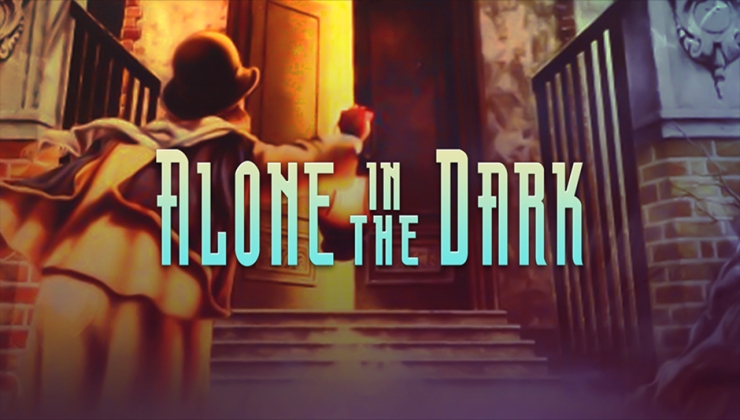Back in 2019 the EU went after Valve and select publishers on Steam for geo-blocking, then in 2021 they were issued fines which naturally was appealed but it has been dismissed so it's likely Valve will now have to pay up.
As per the press release from September 27th it notes Valve and five games publishers including Bandai, Capcom, Focus Home, Koch Media and ZeniMax infringed EU competition law.
The Commission found that Valve and the five publishers had participated in a group of anti-competitive agreements or concerted practices which were intended to restrict cross-border sales of certain PC video games that were compatible with the Steam platform, by putting in place territorial control functionalities during different periods between 2010 and 2015, in particular the Baltic countries and certain countries in central and Eastern Europe.
Valve brought an action before the General Court of the European Union, seeking to have the decision annulled in
so far as it related to it.In its judgment delivered today, the General Court dismisses the action.
To sum up: Valve allowed the use of Steam keys that were locked to specific regions in the EU, preventing other regions from getting them cheaper which is a breach of EU rules. Valve did already stop doing this years ago as this happened between 2010 and 2015, so this is a more of a historical case that Valve tried fighting on copyright grounds that the EU rejected so they will have to pay the full €1.6m fine.
Quoting: omer666You can't buy Postal Redux in Germany at all for example, even if you buy a legit key and try to activate it on Steam.AFAIK this is not required by law, blocking happens either by Valve or the publisher. The requirements are very high (banned must not be sold, indexed requires a actual age verification, both must not be publicly advertised) but "ownership" is not illegal & activation should not be equivalent to sale.
Quoting: pleasereadthemanualCover bands are a special case indeed with a complex set of rules, I think this page have the best information: [https://www.coverbandconfidential.com/blog/cover-song-royalties](https://www.coverbandconfidential.com/blog/cover-song-royalties)Quoting: F.UltraWhat you have found there is the tape tax. Differs from country to country, but the big one (as usual) is the USA who in 1992 implemented a tape tax after music producers complained that people pirate copied their material so they wanted a compensation on sold blank tape. So in a somewhat genius idea to not make this one way the US government agreed to add a tap tax to blank media but then also made it legal for people to make private copies of music (since they had payed for it with the "tax"). This is also when they started to label records with "explicit lyrics" in the US, a genius idea by the recording industry where they said that they accepted to add this label (driven by Tipper Gore:s [aka Al Gore:s wife] war on music) if they could get the tape tax accepted, fooling the politicians that didn't know or understand that the record industry wanted that label since it would sell more records.I see...I think. As I mentioned before, I don't listen to much music :smile:
This "tax" doesn't give you the right to make a public performance, only for you to listen to yourself (or friends in a close group and in private). Hence the text you quoted.
Here in Sweden the music producers managed to keep this tax going to modern media so they get a cut of external HDD:s, cell phones and SD cards. Which is complete nonsense since basically no one does pirate copying anymore after Spotify.
It's pretty crazy that they can collect royalties on private performances...
But aren't cover bands explicitly permitted under copyright law? I'm guessing this is a separate issue from compulsory licenses. I don't know anything about this other than that though.
In short royalties from covers have to be payed to the copyright holders but the musicians performing the cover can get payed for their work. This is not a special law in copyright though but instead something that record labels and musicians have created to allow this to happen (so not entirely sure that it will cover 100% of all music since it is most likely an opt in or opt out).
Quoting: F.UltraHere in Sweden the music producers managed to keep this tax going to modern media so they get a cut of external HDD:s, cell phones and SD cards.Similar in Germany: https://www.zpue.de/produkte-tarife.html






 How to setup OpenMW for modern Morrowind on Linux / SteamOS and Steam Deck
How to setup OpenMW for modern Morrowind on Linux / SteamOS and Steam Deck How to install Hollow Knight: Silksong mods on Linux, SteamOS and Steam Deck
How to install Hollow Knight: Silksong mods on Linux, SteamOS and Steam Deck